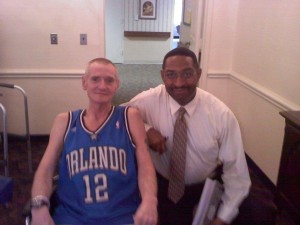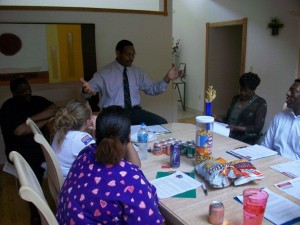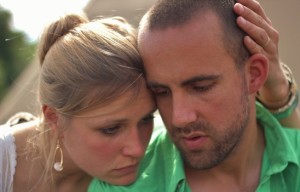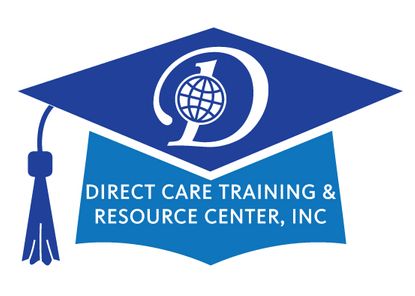
Everyone served has to be treated with absolute importance and adult day centers are known for accomplishing just that
For decades the mentally ill and those with developmental disabilities have lived in residential care settings known as adult foster care or similar designations. Let’s be clear these homes have served a valuable purpose. In some cases the residents have been serious behavioral challenges causing their families to “throw in the towel” which necessitated a different living situation, preferably non-institutional. Hence, the community based settings known often as adult family care.
At the same time advocates for better care have long spoken about what states could do to keep families together with:
- More case-specific training for the family caregiver in areas of mental illness first aid. Such training and ongoing in-servicing can help families to manage everything related to the care of the consumer of mental health services from

When mental health authorities arrange consistent training and in-services for family caregivers, everyone wins.
behavioral interventions to medication management. This training can also be made available to those not in the home but the back-up caregivers in the family or neighborhood who may be compensated for occasional respite care to give the primary family caregiver a much deserved and needed break. At the same time the mentally ill person can live with family and not in a group home.
- The wider usage of adult day services that are physician and plan of care driven and specifically designed for the mentally ill and those with developmental limitations. This will involve flexible and weekend scheduling. Small programs can be used that serve maybe 6-14 people daily in residential settings for adult day care as is now being developed with Care Housing Options, LLC. Some may function better in these smaller day services environments as opposed to the larger, more commercial approaches.

For the mentally ill and others, nothing replaces genuine love from family and the support togetherness creates.
What happens is that mental health dollars can go farther, family togetherness is promoted and a more person-centered, dignified approach to managing mental illness thrives in neighborhoods.
This does not mean that we still do not need specialized residential environments for those with exceptional behavioral challenges or who simply have no family to intervene or family who are willing to do so. Even then the family oriented care home with adult day services as a supplement could be a less expensive and more dignified approach.
Most are tired of so many reports of substandard group homes with owners who have developed a sense of entitlement and who bring zero clinical competence to their work. In many states abuse is rampant and we have people rendering care with harshness, verbal abuse, food rations and zero person-centered residential activity. In a civilized society this has to end and real advocates must rail against it.
Sign-in and share your thoughts.
_________________________________________________________________________________________________________________
 For more on adult day health care maturation and the growth the industry is experiencing join the LinkedIn.com Groups:
For more on adult day health care maturation and the growth the industry is experiencing join the LinkedIn.com Groups:
Adult Day Care Innovation & Growth
Nursing Home Administrator Innovation
Small Scale Assisted Living Success Strategies
Our other homes on the web:
www.directcaretraining.com
Contact the Blogger: info@www.adultdaycaretraining.com
Information provided is accurate to the best of our knowledge and belief at the time of publication. We cannot be held liable in the event there is a policy or other change about which we were not aware before this blog post was completed. Photos used are just to make a point and may belong to their respective licensees. They must never be received as an indication of the support or endorsement of or by or affiliation with any individual or organization.
